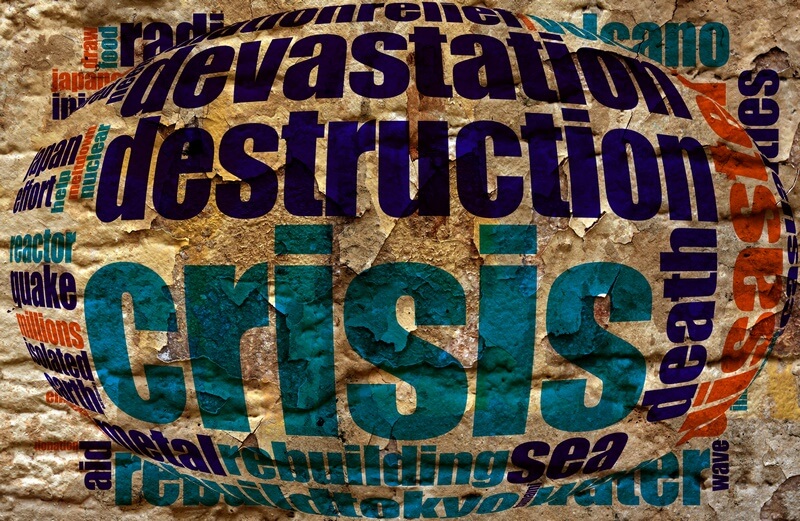
Six-month check-in on 2019 crisis events
Midyear is an excellent time to reflect on crisis events so far in 2019. This blog outlines my picks for the most impactful crisis events this year. Many emergencies happen annually. So, it was challenging to limit my choices to three incidents.
I am mindful that personal reactions to crisis events can drive responses to an incident. Disaster stat sites focus on studies over time and statistical data. The top three crisis events I choose are the ones that caused the most deaths and injuries, had a global impact and were the largest in scale.
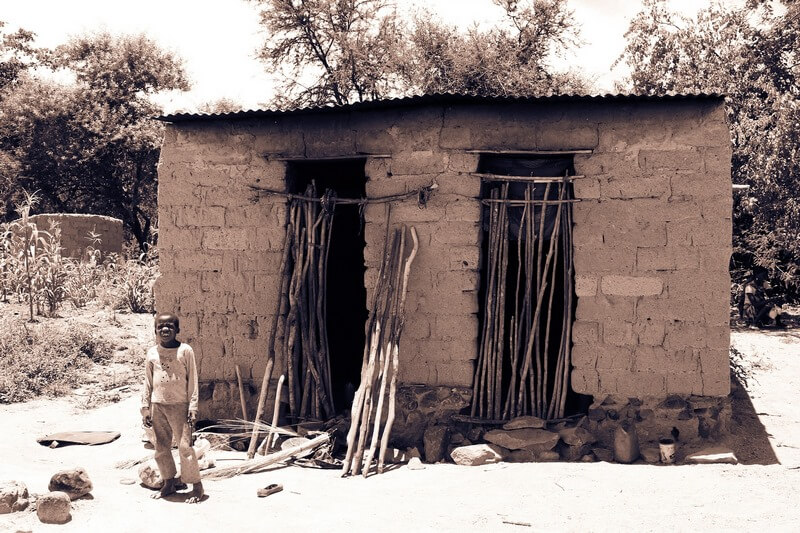
#1 Disaster event by death toll & human impact
One of my top three crisis events are the cyclones the hit Mozambique in March and April. Cyclone Idai displaced 140,000 people. When the cyclone made landfall at the city of Beira, it caused massive damage and extensive flooding. Idai is on record as one of the top storms of all time to hit Africa and the Southern hemisphere.
As a result, over 1,400 new cases of Cholera occurred after the storm. This outbreak is due to poor post-event living conditions. I encourage you to go to ReliefWeb to learn more about Idai.
On April 25th, Cyclone Kenneth came ashore with 125 mph winds. It topped Idai to become the worst tropical storm in the nation’s history. Mozambique is one of the world’s poorest countries. So, experiencing two disaster events in short succession caused widespread infrastructure damage. ReliefWeb’s site has more information on Kenneth’s impact.
Technically, these cyclones are two separate events, but they are both significant cyclones that happened within a short timeframe. The storms caused considerable loss of life, and 1,000 people are thought to have died. Beyond that, Kenneth and Idai inflicted enormous damage, massive displacement, and weakened an already struggling region. The World Health Organization estimates that 1.6 million people still need relief aid in Mozambique, Zimbabwe, and Malawi.
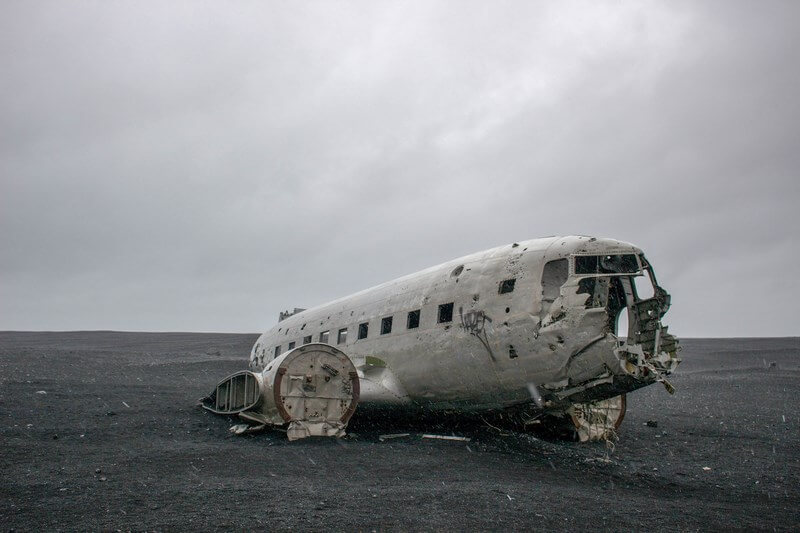
#2 Crisis with a global impact
Another of my top three crisis events is the Boeing 737 MAX crashes that dominated the news in March. The Ethiopian Airlines Flight ET302 Crash was the second incident in six months. With no survivors, the accident was a devastating loss of life.
Before that, the Lion Air Flight JT610 crash also had no survivors. Boeing’s 737 MAX aviation disasters caused an uproar across the world. Many countries to take the unprecedented step to ground the planes before the FAA or Boeing made a go-forward decision.
I picked this event because of its far-reaching scope. Although the crashes were limited to Ethiopia and Indonesia (Java Sea), the effect of the event sent shock waves across the globe. Today’s world is highly dependent on safe and reliable air travel, so millions of travelers were affected.
It forced many businesses to react to the event to ensure the safety of their employees and customers. Governments in multiple countries also responded to safeguard their citizens and visitors. I can only estimate the cost to the supply chains aligned with the travel industry. The issues with Boeing’s 737 MAX should not overshadow the loss of life and tragedy for their loved ones, but this event tops my list because of its global impact.
Read my blog on Reputation Management After A Crisis Event, if you are interested in learning about my thoughts on this incident.
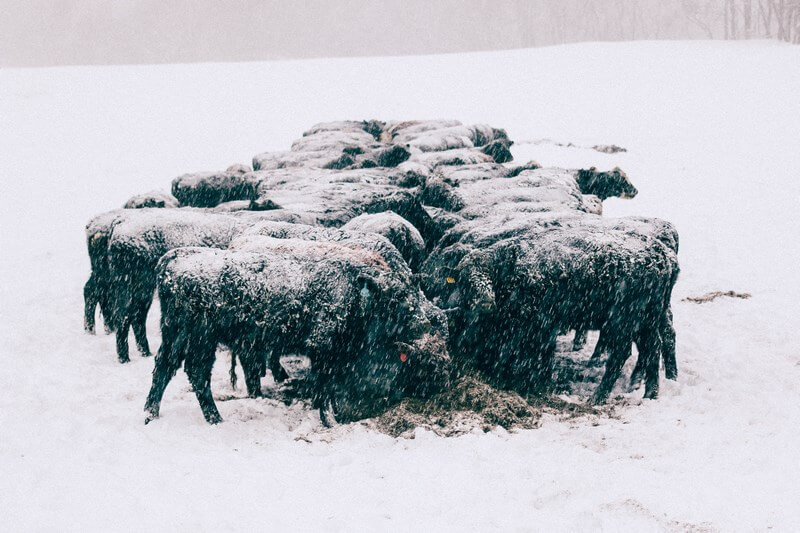
#3 Disaster with the biggest geographic impact
Rounding out my top three crisis events of 2019 is a weather event which had a massive geographic scale. The Polar Vortex that impacted the Northeast and Midwestern United States had a substantial regional impact. In January 2019, this severe weather event brought sub-zero temperatures to much of the United States.
A Polar Vortex happens when a low-pressure system over the North Pole sends cold air southwards. It is a regular event, but this one brought extreme temperatures. Weather.com reported that the extreme cold in the Midwest broke numerous daily and regional records.
Eleven deaths occurred due to extreme weather. It impacted over 2,000 flights, strained fuel sources and affected ground travel. The harsh weather closed schools, put lives at risk, and stopped mail delivery in some places. It caused an estimated loss of billions of dollars to the US economy.
To learn more about the science behind the cold, I encourage you to check out Phys.org.

The next six months of 2019
The year is not over yet, and Hurricane Season is kicking-off in the US. If we are fortunate, we may have seen the worst of 2019’s disasters. Besides the ones I listed, we’ve also had some near-misses, with the 7.5 earthquake event in Ecuador in February and a 6.6 in quake Mexico. Fortunately, no significant impacts were reported and did not reach disaster levels.
Tropical Storm Pabuk also battered Southern Thailand in early January, making it the first major tropical storm of the new year. Powerful tornadoes swept across the Midwestern and Southern US this spring, damaging lives, and property. Major flooding events continue to plague many areas of the world as they do each year.
I continue to watch political unrest across the globe. Natural phenomena like the wildfire in Canada that forced 5,000 people to evacuate their homes put lives and property at risk is a concern Ebola continues to rage in the Congo, and the risk of pandemic remains a real threat.
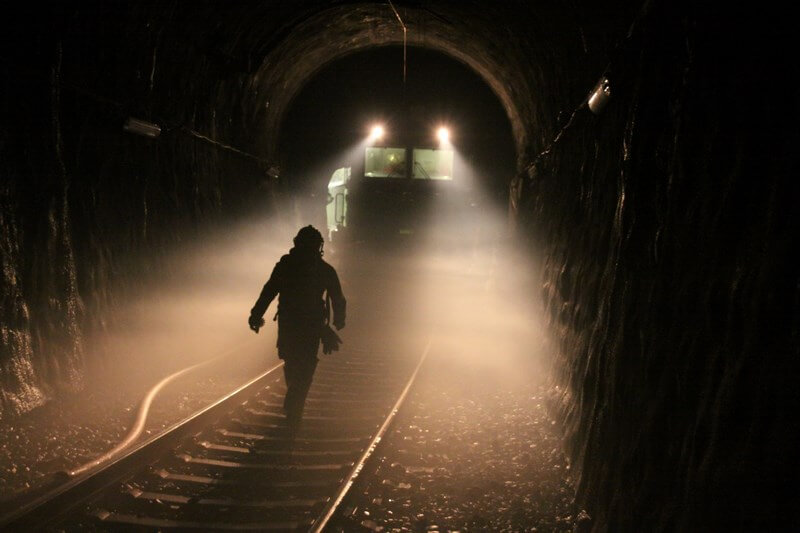
Final Thoughts
Like many of you, I watch and wait hoping the threats I hear in the news media don’t become the next major disaster. I spend time monitoring risk management tools to prepare for potential crises. As much preparedness as I do, I know that other significant events will happen.
I often feel I am running ahead of a moving train, hoping it won’t overtake me before I can dodge it. Our global preparedness remains inadequate. The ability to manage a crisis becomes less about connectedness and more about human resourcefulness. As disasters are a norm and not one-time, isolated events, I know we need to do better.
I try to do my part, working to stay ahead of the next event and try to prepare more people each day. Of course, many of you are trying to do the same. It would be interesting to hear your thoughts on how we can improve. The ideas I captured in my blog Ten Inspirational Ted Talks for Disaster Professionals are good ones, but I know they are not the only innovations out there.
Let me know your thoughts. Do you agree with my top three choices? Are these the ones you would pick? If you have an innovative idea or know of one you think others should hear about, please share it.
